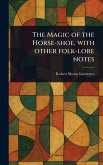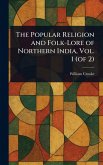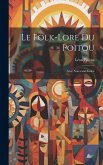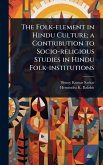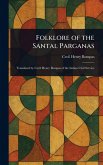Delve into the rich tapestry of Konkan folklore with "Folk Lore Notes, Vol. 2, Konkan," meticulously compiled by R. E. Enthoven and A. M. T. Jackson. This volume offers a fascinating glimpse into the customs, traditions, and beliefs of the Konkan region of India, preserving invaluable ethnographic details. Explore a treasure trove of folklore, providing insights into the social fabric of the time. Uncover details about daily life, religious practices, and the stories that shaped the community. This book presents an enduring record of a specific place and period in India's cultural history. A valuable resource for those interested in Indian folklore, social science, and the history of the Konkan region. This carefully prepared republication ensures that these vital cultural notes remain accessible for generations to come. This work has been selected by scholars as being culturally important, and is part of the knowledge base of civilization as we know it. This work is in the public domain in the United States of America, and possibly other nations. Within the United States, you may freely copy and distribute this work, as no entity (individual or corporate) has a copyright on the body of the work. Scholars believe, and we concur, that this work is important enough to be preserved, reproduced, and made generally available to the public. We appreciate your support of the preservation process, and thank you for being an important part of keeping this knowledge alive and relevant.
Bitte wählen Sie Ihr Anliegen aus.
Rechnungen
Retourenschein anfordern
Bestellstatus
Storno



